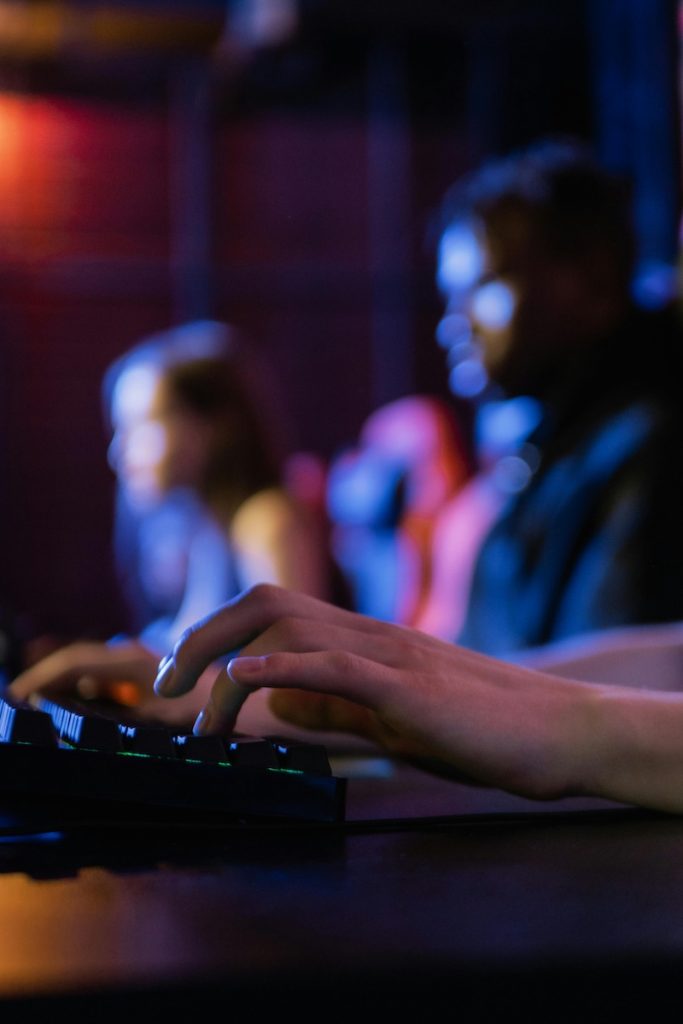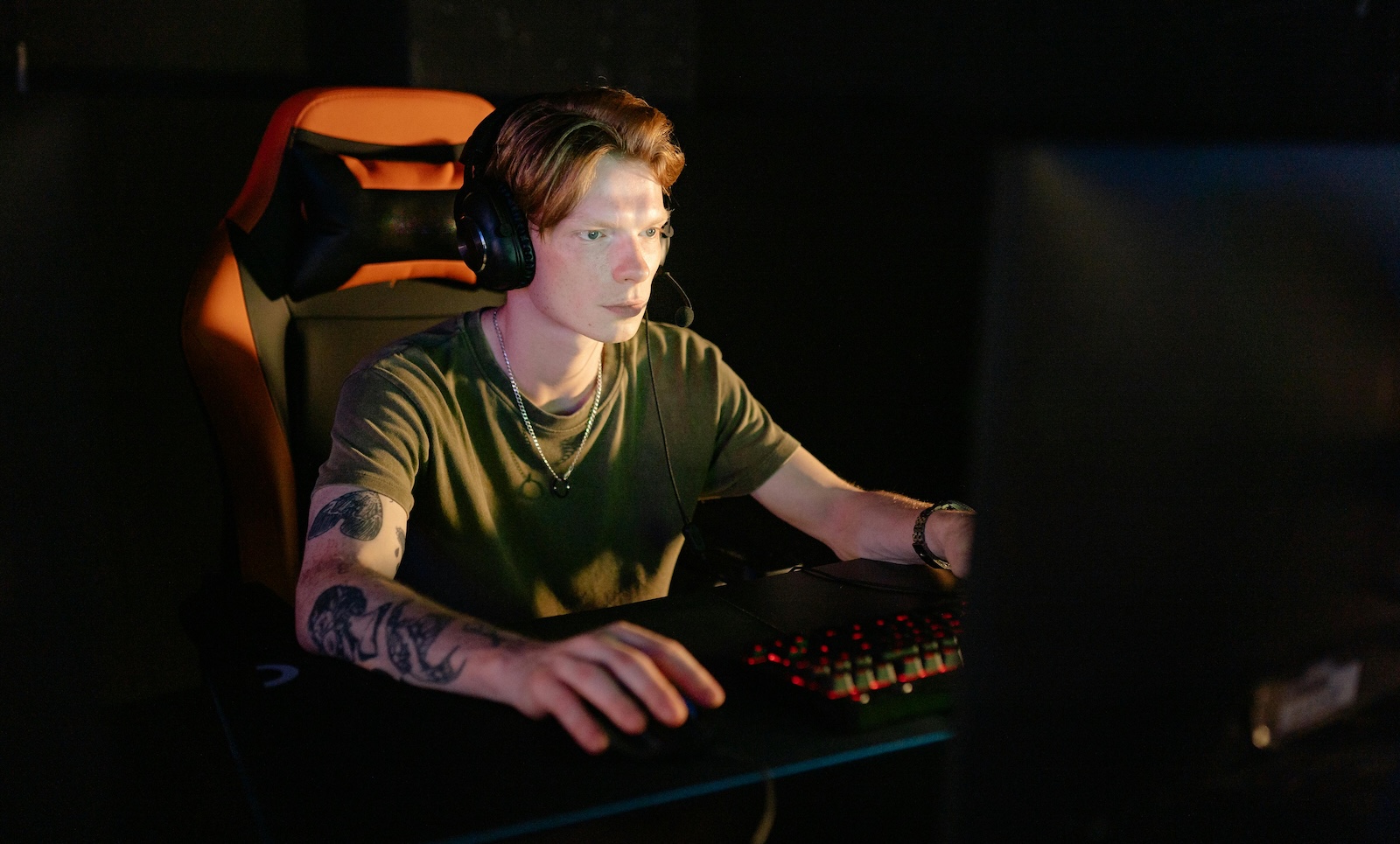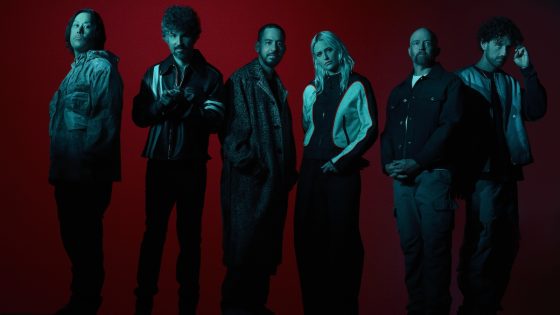Competitive gaming has been revolutionized in Indonesia from a recreational activity to a sport that is officially accepted by the country, and a paradigm shift in the country’s sporting culture. This evolution is a reflection of how platforms such as Parimatch.news cover esports and traditional sports, giving it its due place as competitive entertainment. With 79% of Indonesians identifying themselves as gamers and 96% knowing the term eSports, Indonesia demonstrates unprecedented affection for competitive gaming.
Government Recognition and Official Status
The Indonesian government sanctioned esports as an official sport in August 2020 in a move announced during the National Sports Committee (KONI) conference. This historic move had multiple significant benefits:
Competing in official medal events like the SEA Games;
- Creation of the Indonesian Esports Executive Board (PB ESI) as the sole governing authority;
- Inclusion within national sporting events like National Sports Week (PON);
- Access to state subsidies and regulatory support;
- Creation of organized competitive frameworks.
It was preceded by Constitutional Act No. 3 of 2005 on National Sports Systems, under which official sports are conducted through organized, graded, and sustainable development with the support of sports science and technology. KONI added that esports require speed, agility and strategy, fulfilling the demands of mainstream sports.

Professional Gaming Environment
In Indonesia in 2025, there are approximately 2,624 professional eSports players. Together, they have earned $20.5 million in 1,304 tournaments worldwide. This shows that the competitive environment has special characteristics:
- Free Fire is number one with 426 professionals;
- PUBG Mobile ranks second with 309 professionals;
- Mobile Legends: Bang Bang contains 289 active competitors.
Rafli Mikoto Fathur Rahman, the highest earner, had $523,500 in career total through Dota 2 tournaments. Indonesia received three gold medals and two silver medals from the 2023 SEA Games, including the PUBG Mobile team competition and Mobile Legends women’s division wins.
Educational Integration and Future Development
Indonesian Esports Executive Board launched enormous education campaigns to cultivate talent systematically. The Garudaku Esports Academy is an extracurricular program for high schools and universities, providing systematic study materials and certificate courses. PBESI attempts to incorporate esports into the national school curriculum, seeing competitive gaming as an acceptable profession. These efforts reflect Indonesia’s resolve to make esports a permanent presence in the sporting culture of the nation, building avenues for professional growth and competition success at the international level.












